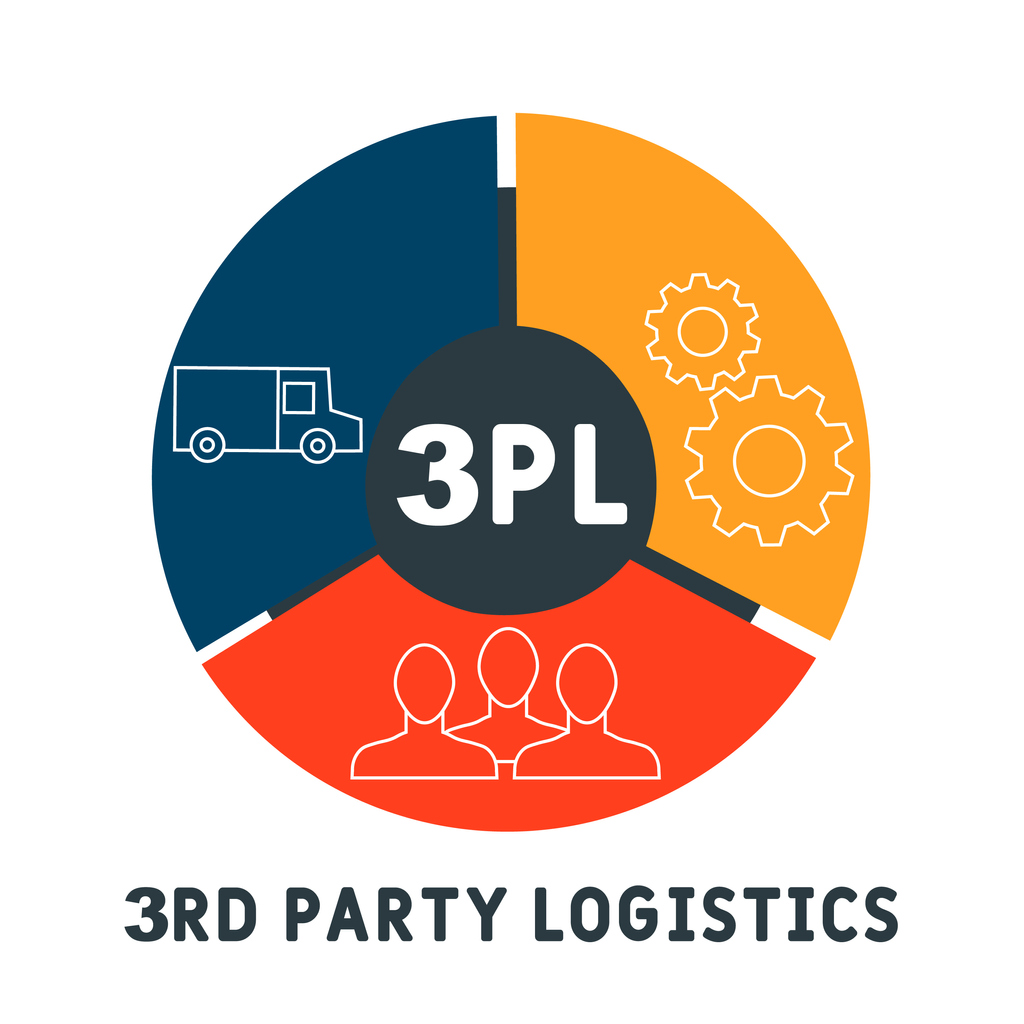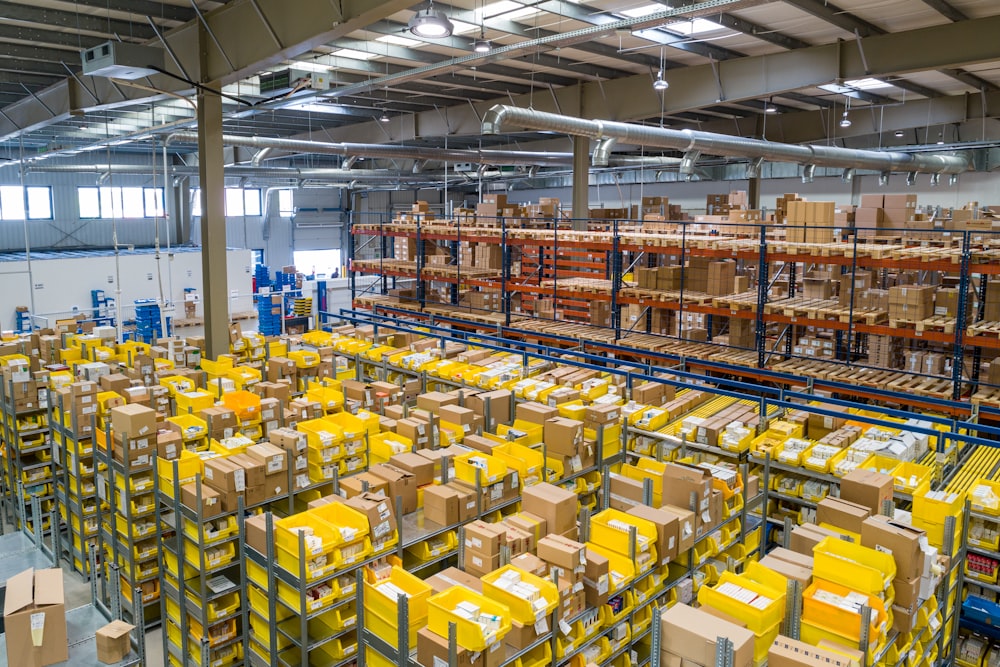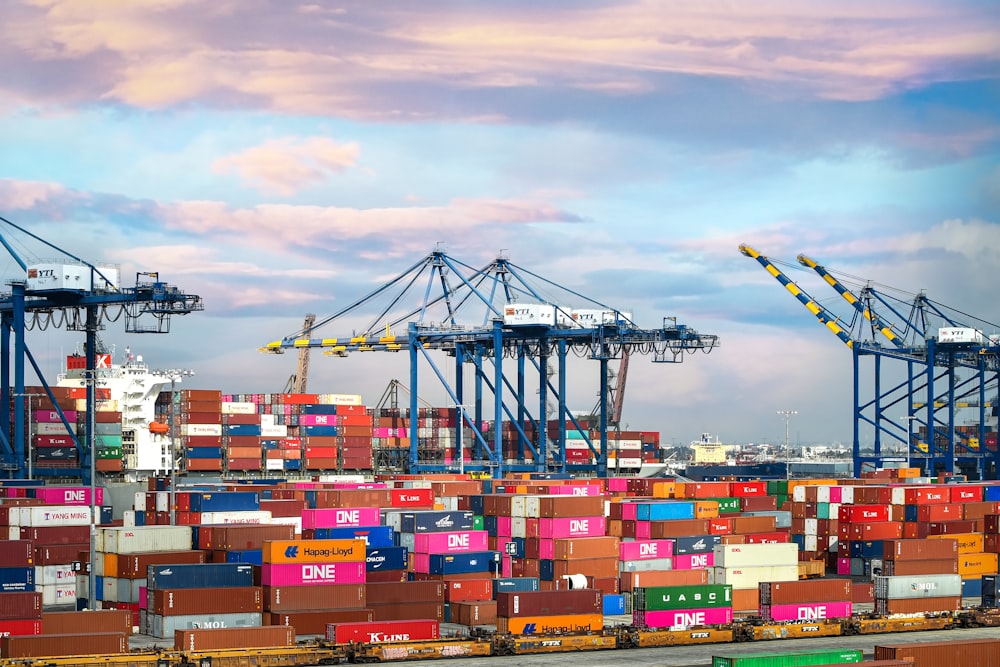
You might have heard the terms fulfillment company, fulfillment center, or fulfillment warehouse being thrown around, especially from crowdsourced campaigns. Many people also use the term synonymously with order fulfillment and logistics. The now agreed upon name is a “3PL service company,” which stands for “third-party logistics.” And to fully understand what type of service this truly is, we need to define logistics. Logistics deals with the operation and the activity of managing various quantities of items or campaigns in need of complex coordination. For the purposes of a 3PL, logistics is the management of commercial goods being transported to warehouses, managed for inventory, and orders being supplied to customers. This is also why they can be referred to as logistics companies.
Logistics Companies Defined

A logistics company consists of a team that handles the receiving of your products, stores them as part of a larger inventory, keeps track of it all, then selects items from your inventory to pack and ship to customers. Their main designation is to handle all of your inventory storage and customer shipping logistics in the most reliable and efficient manner.
The primary duties and responsibilities of a logistics company include:
- Receiving inventory in their warehouse
- Inventory storage, tracking, and management
- Selecting items based on orders
- Packing items for selected orders
- Shipping out packed orders to customers
Depending on the company you work with, that company might also offer other options such as:
- Return logistics
- Kitting together personalized products like gift sets, etc.
- FTL and LTL freight shipping
- Freight forwarding
- And more
The main difference between a logistics company and a standard fulfillment company is how fulfillment companies focus on only the basics of receiving your product, storing it, and shipping it to customers. And this works perfectly fine for many crowd-funded campaigns and smaller businesses. Logistics businesses handle those basics and everything else explained in this article. Furthermore, they are often employed for B2B needs, whereas fulfillment services usually only handle B2C services.
Choosing A Logistics Company

In a similar fashion to selecting any type of service for your business, you’ll need to begin by researching the track record of reputable companies. More importantly, it’s vital to identify a company’s reputation from other business clients, while taking into consideration the type of products they handle and the scale of their logistics.
On the flip-side of things, many established logistics businesses are more selective about who they choose to work with. This is because those companies are the ones who manage the most services including freight logistics that are both inbound and outbound. Whether they utilize in-house freight operations or 3rd party freight carriers who are non-asset based, you’ll also want to inquire about less-than-truckload outbound shipping (LTL) and full truckload services (FTL).
It’s also important to be aware of what your business inventory needs, so you can discuss all minute details with the logistics company you’re interested in working with. This is critical if you’re planning to deal with items and materials that might be hazardous, temperature dependent, apparel-based, fragile, high-SKU count, and similar. Depending on your product type, you might need to seek out a specialized logistics service.
What Are the Benefits For Your Business

These types of shipping companies are a huge asset to nearly every type of business operation. The sheer magnitude of logistics scales greatly and will be costly due to the needs of employees and personnel, equipment, storage space, insurance, and more. This proves both costly and time-consuming, and both are the primary enemies of any business.
By outsourcing your shipping and inventory logistics, you’ll be able to cut costs by factoring in a set amount of spending, and you’ll save plenty of time while preventing additional complications. A business using logistics services will also generally see a combination of increased supply chain awareness, efficiency, and customer satisfaction. These factors come from a logistics company’s ability to directly handle communication with carriers, tracking insurance, global shipping, customs, consolidations, information technology, and more.
Logistics Companies Conclusion

From small mom-and-pop shops to larger department stores, and e-commerce shops, businesses on all levels are utilizing the advantages of logistics companies.
The best part about working with a logistics company is that your business does not have to expend the necessary resources to handle the steps from procurement to delivery. Relying on this type of service mitigates nearly all risks of product transportation and storage, allowing the business to focus its time and energy elsewhere. And that makes the most logical sense.

Leave a Reply
You must be logged in to post a comment.